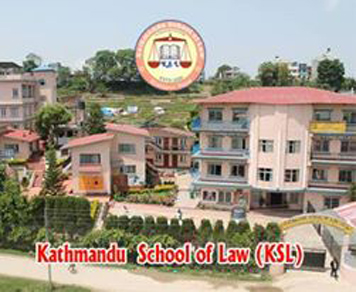Case Stories
Legal aid is necessary in all types of cases
October 10, 2014
On September 14 2007, Gita Devi Patel filed an FIR against Mahesh Patel indicting him that he raped her eight-year old daughter in their room at around 1:30 pm. In her report, she stated that she saw the act through the window and caught him red handed with the help of her neighbors.
Following the analysis of the available evidences, the statements made by the witness and the victim; a charge sheet was framed accusing Mahesh of rape crime and also claiming for compensation to the victim. Giving decision over the case, the Parsa District Court sentenced him to five years in prison for his attempt to rape a girl child below 10 years of age. However, both the parties to the cases filed appeals against this decision at the appellate court in Hetauda, which reversed the decision of the Parsa District Court.
The appellate court, on February 23, 2010, sentenced Mahesh to 10 years in prison and also decided NPR 10000 as compensation to the victim. Later on Mahesh, with the help of CeLRRd, filed an appeal at the Supreme Court against the decision made by the appellate court. Since no expert was appeared in the court to verify his statement, even the victim and other witnesses didn’t appear in the court to testify in the witness box, his appeal argued, he was innocent and the decision made by the appellate court was against the basic principle of law. It was argued for him that he didn’t appear in the court to verify his statement and that even the victim and other witnesses were not present in the witness box to be testified so the statements made outside of the court couldn’t be taken as evidence to convict the accused. Hence, the Supreme Court, on January 15, 2014; reversed the decision made by both the Parsa District Court and the appellate court in Hetauda proving that Patel was innocent.
It was a landmark decision which reaffirmed the customary principle. Skeptic opinions were there as to providing legal aid to those whose cases are in the Supreme Court and, on top of that, as to the need of legal aid to those accused of rape cases. The decision of the Supreme Court was proven to be landmark in this regard and was an answer to such questions and skepticisms. As the decision proved the accused innocent by reversing the decisions made by District and Appellate courts also by reaffirming the notion of presuming innocent until proven guilty even in the rape case, it was realized that legal aid is necessary even to the prisoners convicted on rape cases.



